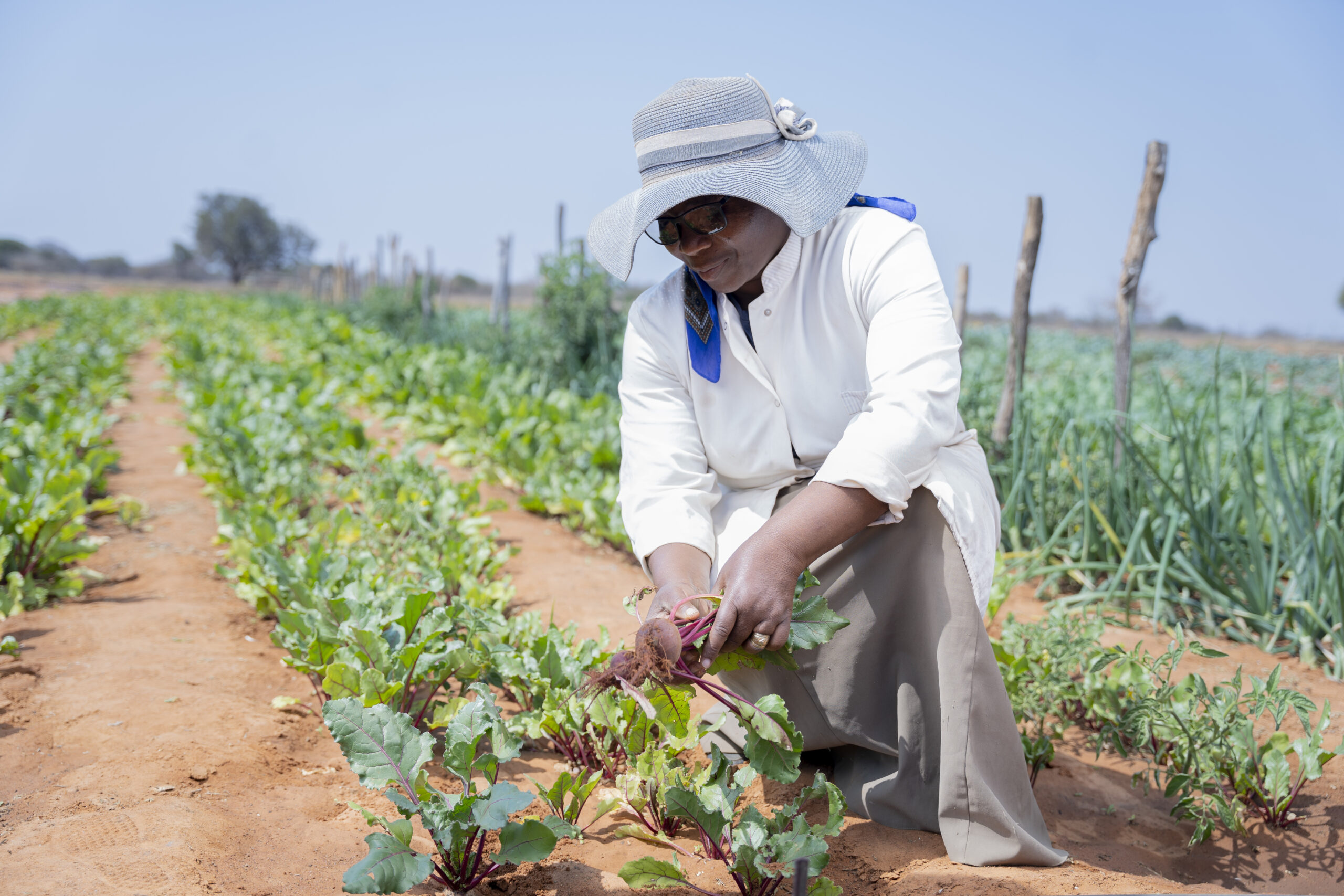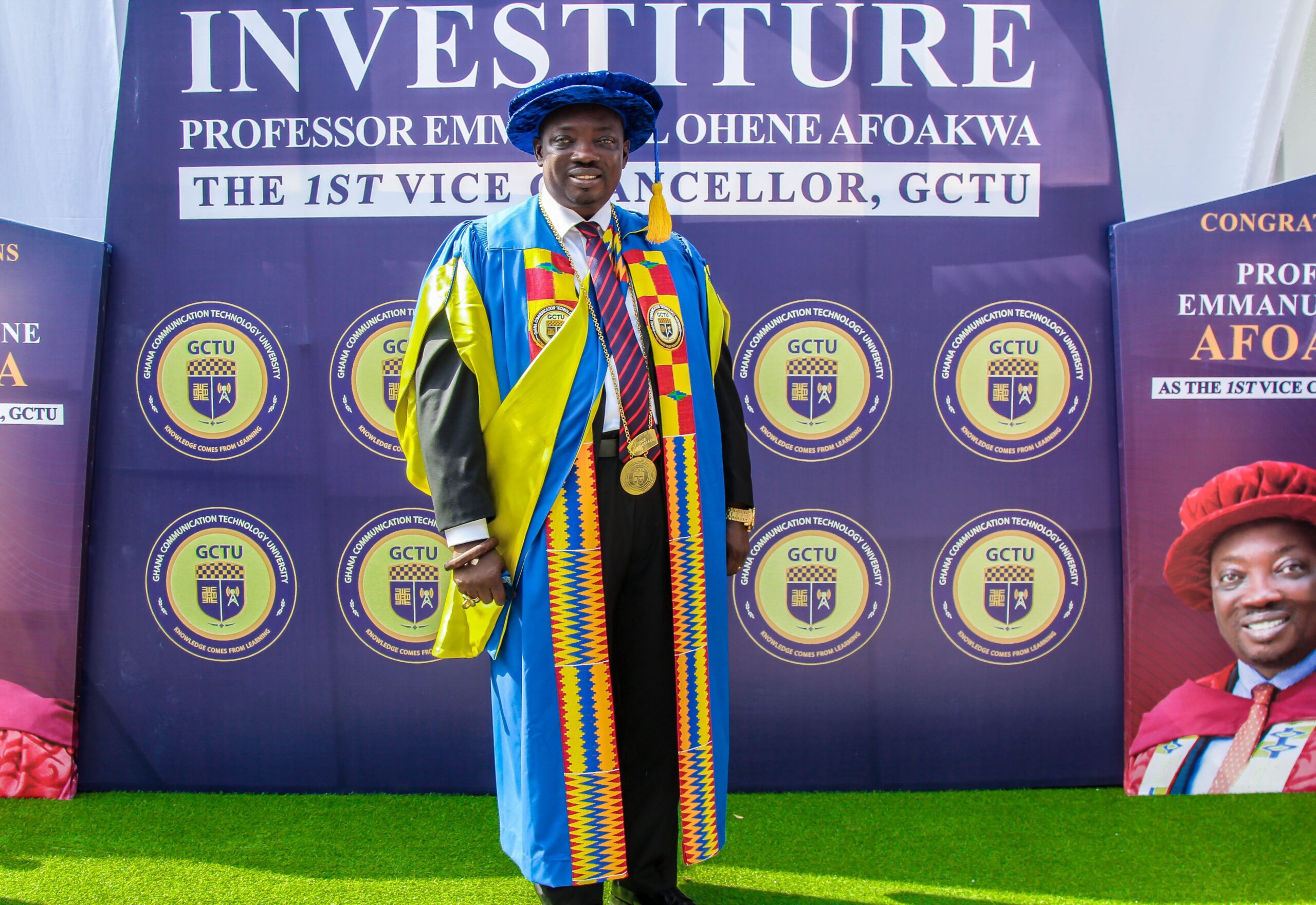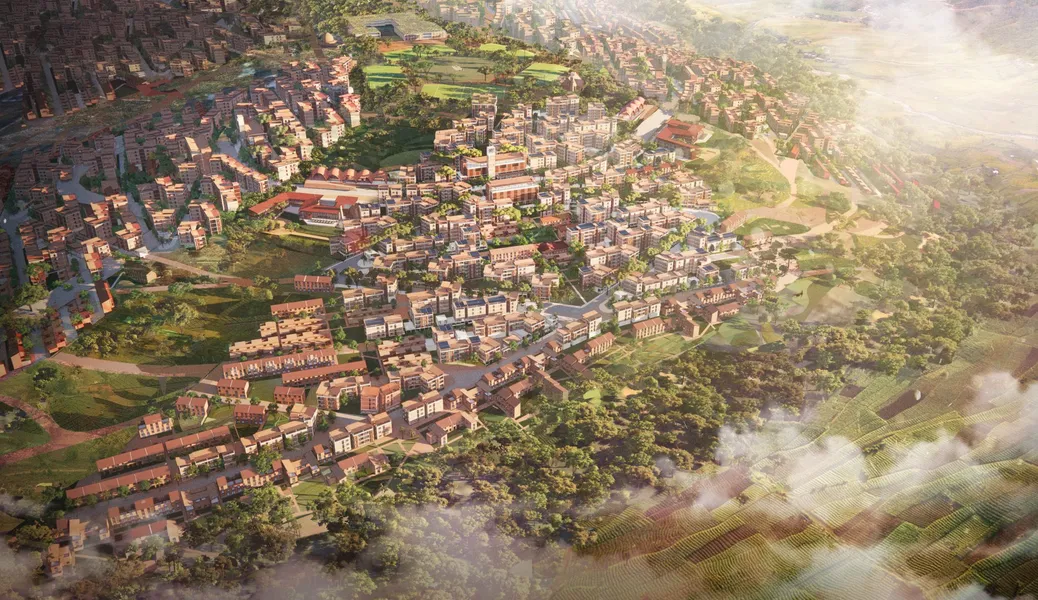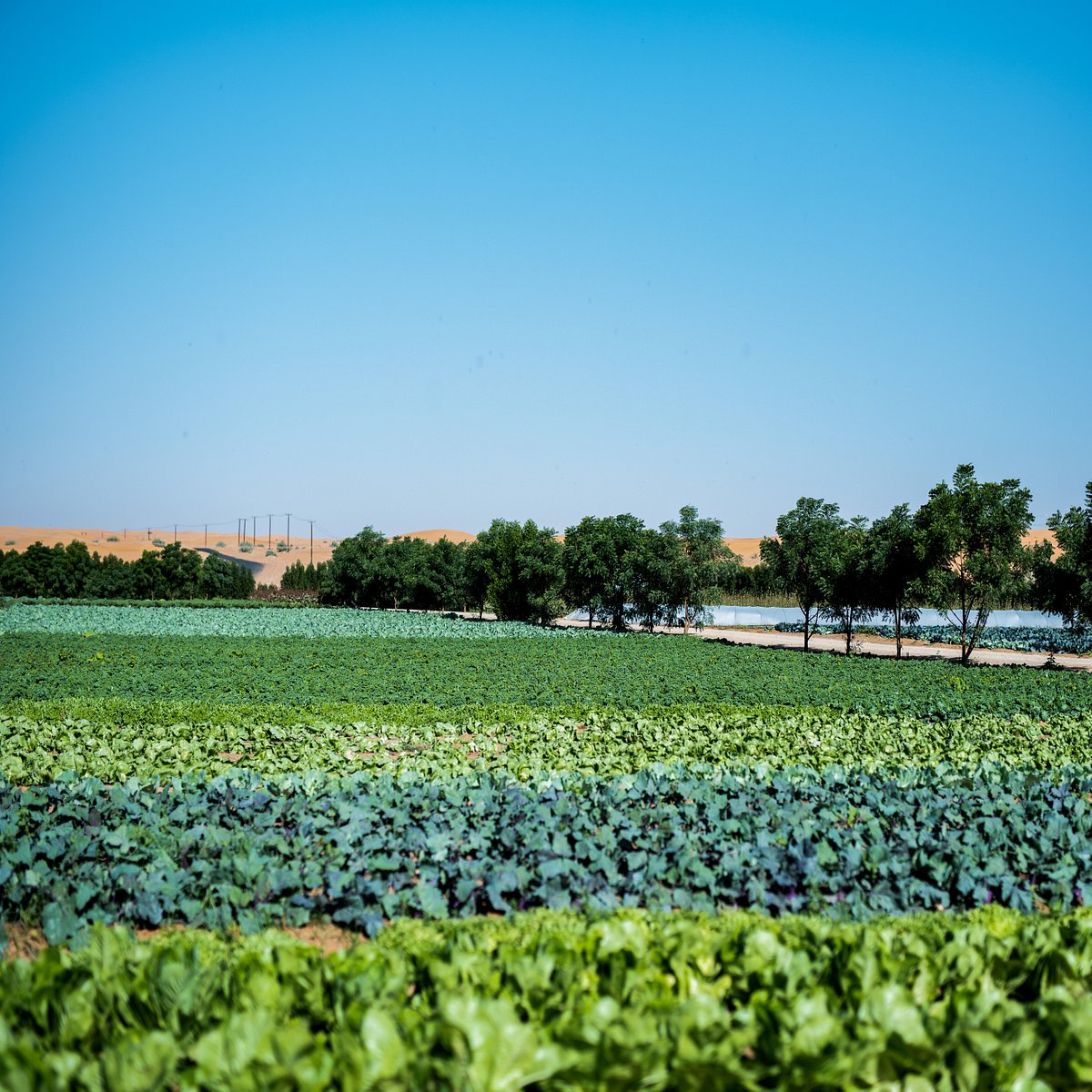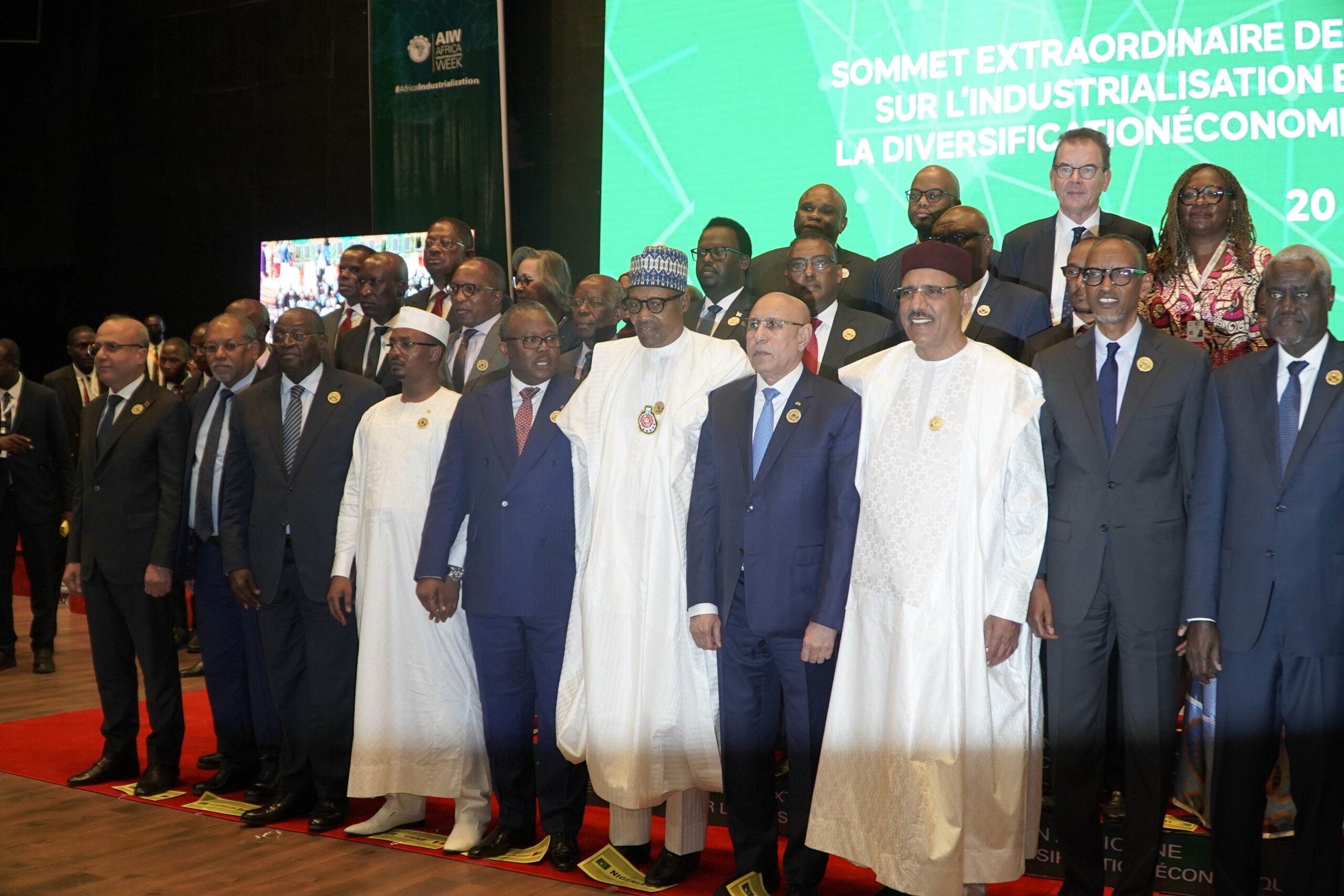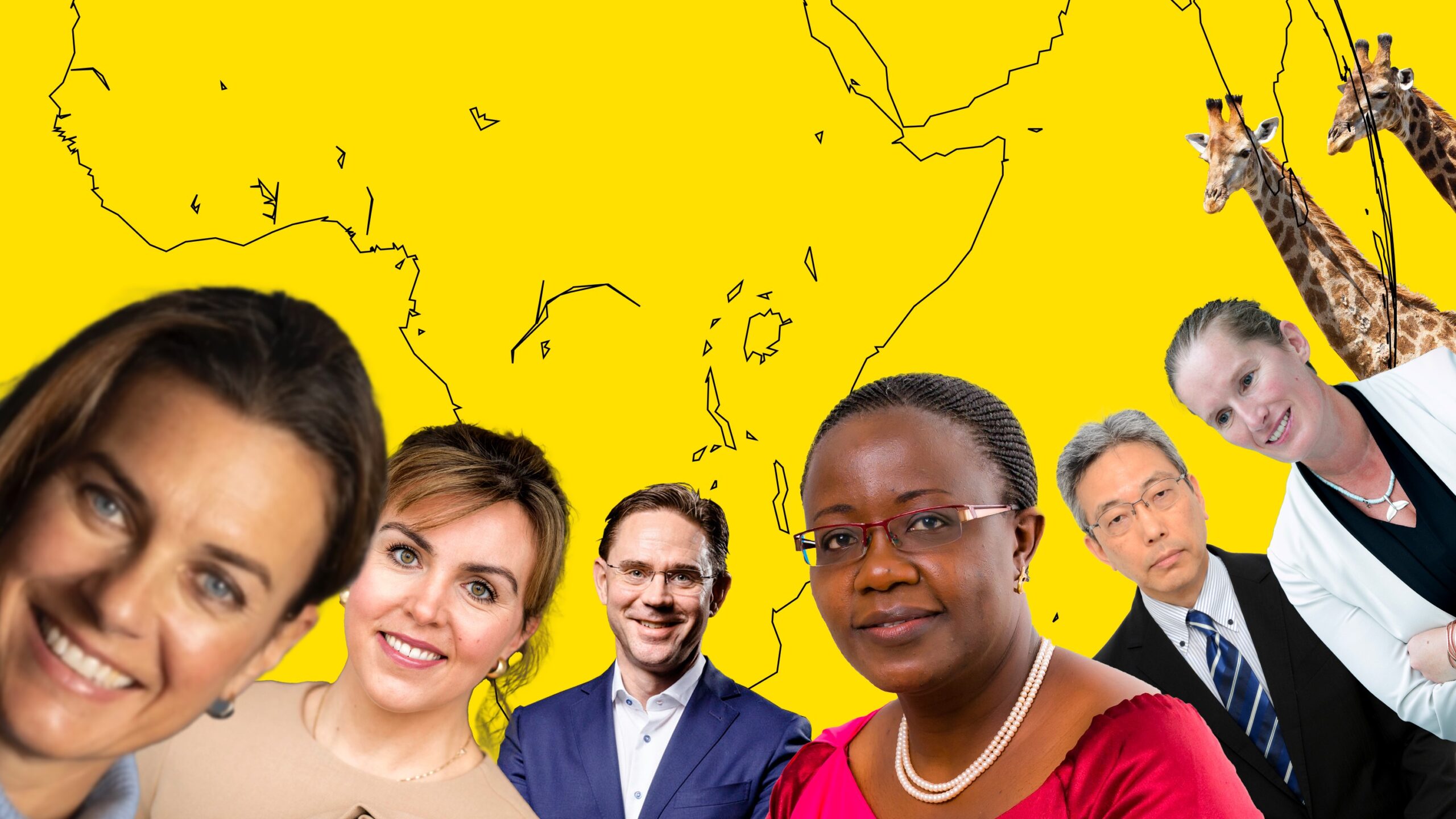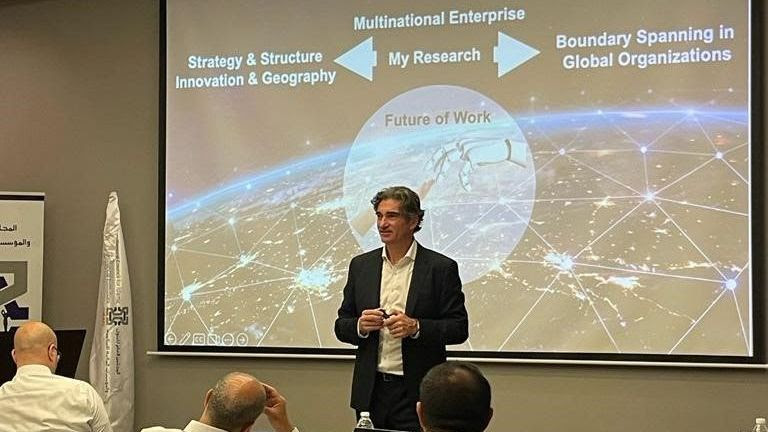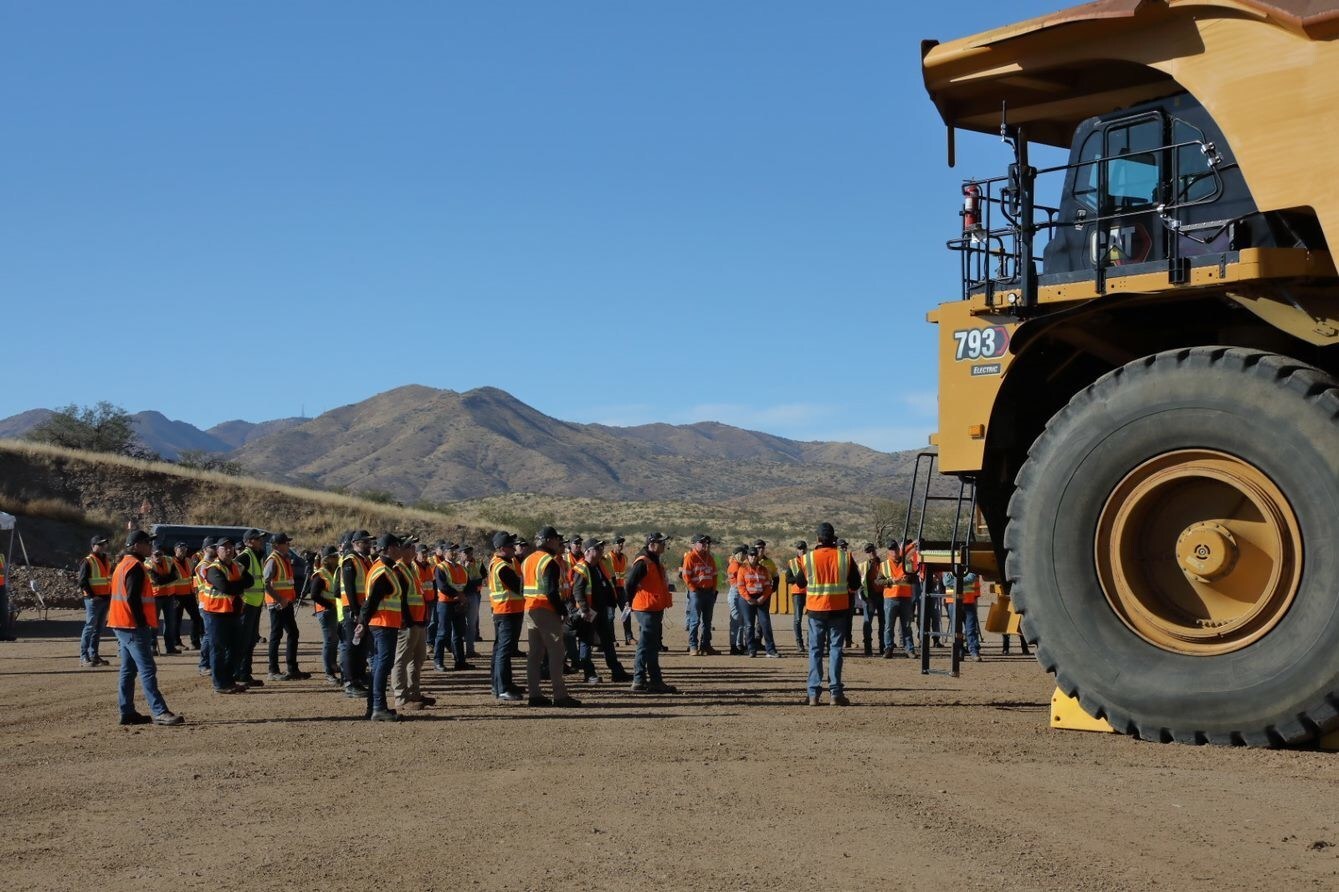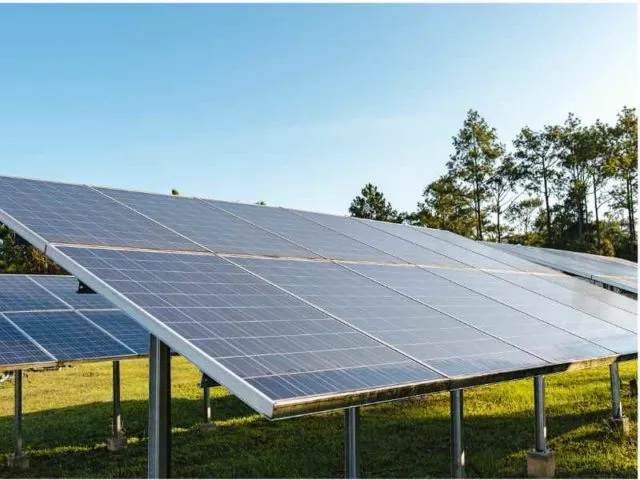KIGALI, Rwanda, November 29, 2022/ —
The 6th World Circular Economy Forum WCEF2022 (www.WCEF2022.com) will take place 6–8 December in Kigali, Rwanda. This year’s forum will focus on how the circular economy can reduce greenhouse gas emissions, support climate change adaptation, safeguard biodiversity and bring benefits to our societies.
One of the world’s leading circular economy events, originating in Finland, WCEF2022 will bring together business leaders, policymakers and experts from Africa and around the world to present circular economy solutions and examine how businesses can seize new opportunities. An online briefing for the media will take place on the eve of the Forum, 5 December 2022.
For the first time on African soil, the World Circular Economy Forum will be a platform for Africa and the world to share lessons to shape more resilient and greener economies.
The WCEF2022 will challenge many shortcomings and destructive consequences of the predominant wasteful linear economy and introduce the concepts and opportunities of the circular economy. Politicians, policymakers, business-leaders, journalists, researchers and the public will learn about the many benefits of circularity.
“As a founding member of the African Circular Economy Alliance we are very pleased to host the World Circular Economy Forum in Rwanda. This is the first time the event is taking place in Africa,” says Rwanda’s Minister of Environment, Dr Jeanne d’Arc Mujawamariya. “The circular economy represents the single greatest opportunity to supercharge green growth and job creation in Africa, and we look forward to sharing Rwanda’s experience and learning from others.”
The WCEF2022 will address a wide range of challenges in the transition from a linear to a more resilient and resource-efficient circular economy including trade, value chains, policy and technology. Circular economy actors and start-ups from the continent will present their business models and share their stories, particularly looking at opportunities for collaboration, growth, job creation and development.
“Transitioning to a circular economy is a way to make our economies wiser, resilient and future-proof”, says Jyrki Katainen, President of Sitra, the Finnish Innovation Fund. “These past years’ tragedies have shown that we are not resilient. The impacts of the pandemic, shifts in the global security environment, energy and food security are exacerbated by a fossil fuel dependent, wasteful and unfair linear economy. Now, we need to challenge the old model and build a new one, fit for today and for the centuries to come – the circular economy. Many solutions are already right in front of us, and we look forward to learning more about circular solutions from Africa in Kigali.”
The circular economy is an alternative to the traditional linear economy (make, use, dispose) in which resources are kept in use for as long as possible, maximum value is extracted from them whilst in use, then materials are recovered and products are reused at the end of their life.
Diverse and home-grown African circular solutions: from agriculture and waste management to the built environment
Under the theme From Africa to the World, the WCEF2022 will present a wide range of circular solutions from Africa and globally for different industries and sectors, with a particular emphasis on harnessing the opportunities to improve livelihoods and end poverty, reduce greenhouse gas emissions, adapt to climate change and safeguard biodiversity. Some examples include:
- Regenerative agriculture and nature-based solutions that help to mitigate and adapt to the consequences of climate change.
- A scalable, affordable and sustainable built environment that is based on repurposing, renovation and the use of secondary raw materials.
- Different circular policies and practices in water management, transport, infrastructure and food security in Africa’s rapidly growing megacities.
In the transition from a linear to a circular economy waste management and recycling are key components and need to be improved and scaled rapidly. Africa already imports vast amounts of electronic and other waste, and with a rapidly growing population, will produce more waste. Circular economy approaches provide solutions for reducing waste by investing into modular product design, reduced packaging, life cycle extensions and product-as-a-service business models where using a product does not require ownership.
Overcoming the challenges of circularity: policies and finance
Africa’s vast natural resources and its young and entrepreneurial population can help it play a lead role in driving the circular economy transition and its contribution to achieving the UN Sustainable Development Goals (SDGs). Yet, two main challenges will need to be overcome: legislation and finance.
First, many existing laws and regulations need to change to allow for more circularity. That is why WCEF2022 will facilitate policy dialogues and knowledge sharing as a circular economy transition requires lawmakers, governments and others to inspire and learn from each other.
Secondly, new financing models for circular businesses are urgently needed. The current capital flows into sustainable businesses and circular ventures are far too low. Circular economy companies need to develop bankable businesses that attract venture capitalists willing to take a risk. Development banks and other institutions can de-risk such investments with grant financing and technical assistance.
These reforms require debate and innovation, which WCEF2022 will help provide.
“ACEN is delighted to be co-hosting WCEF2022 as we showcase to the world how circular principles are being applied across Africa. We are looking forward to engaging with delegates to accelerate the transition to a just and inclusive circular economy across the continent,” says Peter Desmond, Co-Founder of the African Circular Economy Network ACEN.
WCEF2022 everywhere: online participation and local live studios in Cameroon, Nigeria, South Africa, Zambia and Rwanda
While the main event will take place in Kigali, Rwanda, stakeholders across Africa will be able to participate in parallel local events. At the WCEF2022 African Studios in Yaoundé, Lagos, Cape Town and Lusaka, participants will tackle specific national and regional challenges related to the shift from a linear to a circular economy. A fifth Studio in Rwanda will reinforce the main Forum in Kigali. In addition, Global Studios will be held in select locations around the globe.
The WCEF2022 Studios will live-stream the main forum’s content, discuss its relevance at a national level and give local experts the opportunity to meet and discuss face-to-face. The WCEF2022 African Studios are organised by ACEN, one of the Forum’s co-hosts.
To ensure easy participation from anywhere around the world, WCEF2022 will livestream all seven sessions of the main forum on 6–7 December free of charge to all registered participants. In addition, WCEF partners will organise more than 25 Accelerator Sessions on 8 December – outcome-oriented events that link WCEF with real action – in Kigali and Africa or online.
The Forum’s agenda is live at www.WCEF2022.com and anyone can register to follow all live-streamed sessions free of charge. Please note that the partner-led Accelerator Sessions require a separate registration.
Online briefing on 5 December
Want to learn more? Representatives of the co-hosts will share their thoughts and answer questions in an online press briefing on the eve of the forum, on 5 December at 15:00 (CAT/EET) / 12:00 (GMT). The briefing will take place on Microsoft Teams.
The speakers of the briefing include:
- Ntobeko Boyana, Executive and South African Chapter Lead, ACEN
- Kari Herlevi, Head of Global collaboration unit for sustainability solutions, The Finnish Innovation Fund Sitra
- Representative from the Ministry of Environment, Rwanda
Attendees are required to register for the briefing by 2 December 16:00 (CAT/EET) / 14:00 (GMT) via www.WCEF2022.com. Registered attendees will be provided with the link to join the Microsoft Teams meeting.
To follow the main forum, interested parties should apply for accreditation at www.WCEF2022.com
Distributed by APO Group on behalf of World Circular Economy Forum.
Media kit, logo and press photos:
A Media kit incuding facts & figures, FAQs and other components is available at http://bit.ly/3Ud22Mg
The WCEF2022 logo and press photos are available at Sitra’s material bank (http://bit.ly/3upriER).
Media Contacts:
The Finnish Innovation Fund Sitra
Samuli Laita
email: samuli.laita@sitra.fi
phone: +358 294 618 277
Ministry of Environment of Rwanda
Basile Uwimana
email: buwimana@environment.gov.rw
African Circular Economy Network (ACEN)
Tashma Kritzinger
email: tashma.kritzinger@acen.africa
About The World Circular Economy Forum 2022:
The World Circular Economy Forum 2022 is jointly organised by the Government of Rwanda, the African Circular Economy Alliance (ACEA) (http://bit.ly/3gBwja5), the African Circular Economy Network (ACEN) (http://bit.ly/3XH1l0T), and The Finnish Innovation Fund Sitra (http://bit.ly/3VfUjhP), together with other international partners. The World Circular Economy Forum (WCEF) is Sitra’s global initiative that examines how businesses can gain a competitive advantage through a circular economy and how the circular economy contributes to achieving the UN Sustainable Development Goals.
About The Finnish Innovation Fund Sitra:
The Finnish Innovation Fund Sitra is a future fund that collaborates with partners from different sectors to research, trial and implement bold new ideas that shape the future. Sitra is a nationally and internationally influential think-and-do-and-connect tank, a promoter of experimentation and new operating models, and a facilitator of co-operation. Its aim is a Finland that succeeds as a pioneer in sustainable well-being. Sitra was named the number one public-sector circular economy accelerator in the world when Sitra won the public-sector category of the Circulars Awards 2018 for its pioneering work to accelerate the world’s transition to a circular economy.
About The African Circular Economy Alliance ACEA:
The African Circular Economy Alliance ACEA is a government-led coalition of African nations with a mission to spur Africa’s transformation to a circular economy that delivers economic growth, jobs and positive environmental outcomes. It was conceived in 2016 during the World Economic Forum on Africa with the mindset of developing Africa’s circular economy ecosystem while capitalising on its development opportunities. The Alliance serves as a platform that supports the transition to a circular economy at the national, regional and continental levels through policy development, leadership and advocacy, and support in scaling circular businesses and projects.
About The Government of Rwanda:
The government of Rwanda is a founding member of the African Circular Economy Alliance (ACEA), together with Nigeria and South Africa. The country has an ambitious vision to be a climate resilient and carbon neutral nation by 2050 and is investing in the circular economy to bring this vision to life.
About The African Circular Economy Network ACEN:
The African Circular Economy Network ACEN is a registered non-profit company with a vision to build a restorative African economy that generates well-being and prosperity inclusive of all its people through new forms of economic production and consumption which maintain and regenerate its environmental resources. ACEN is a network made up of 100 Country Representatives in 30 Chapters, and 27 international partners. ACEN aims to support this acceleration by connecting people, sharing knowledge and disseminating opportunities throughout its network and beyond.
